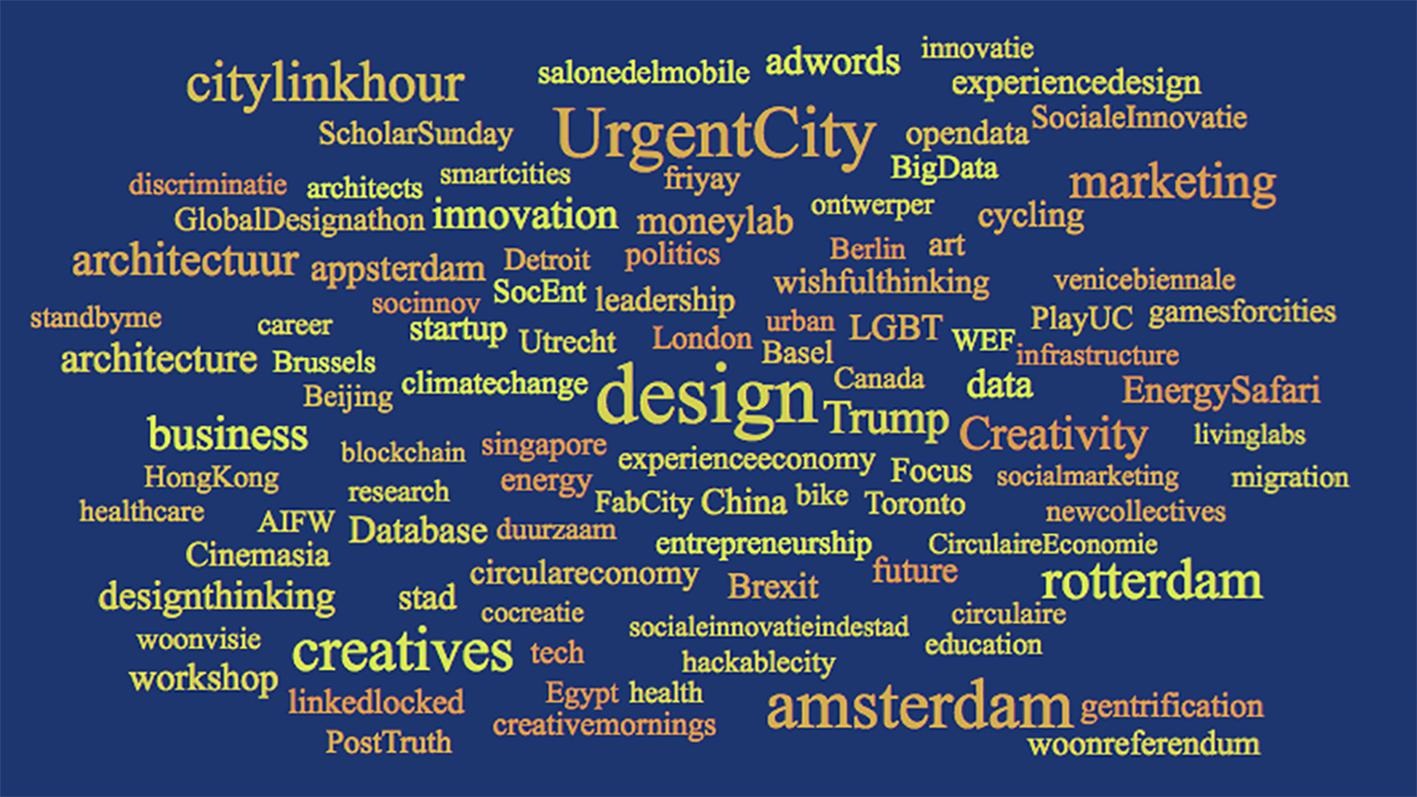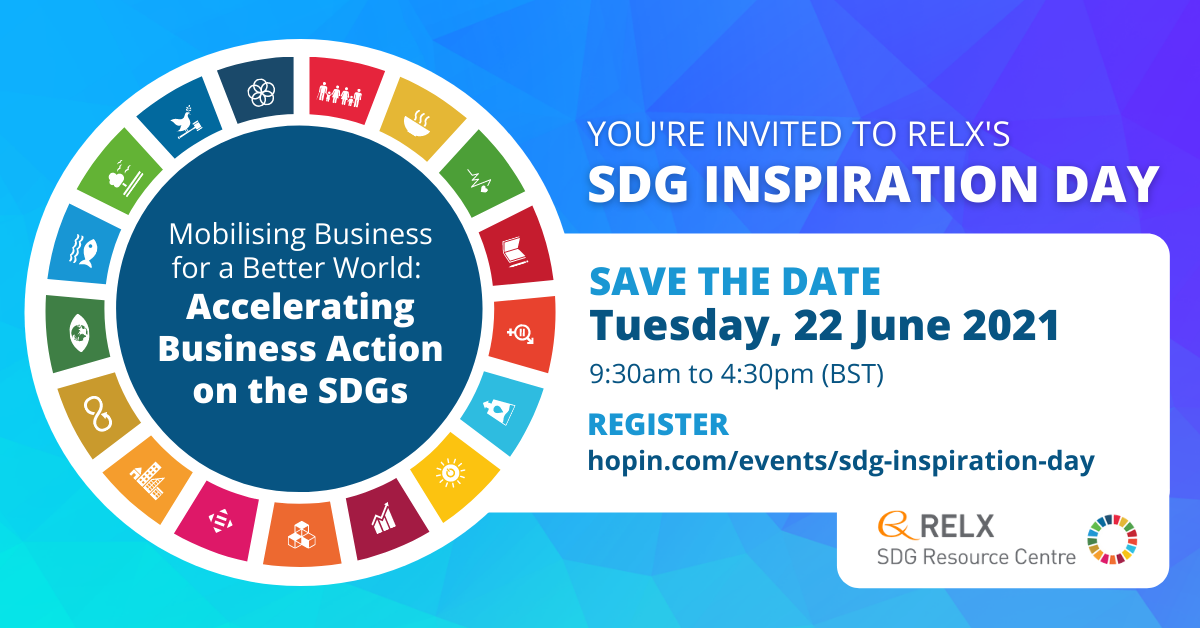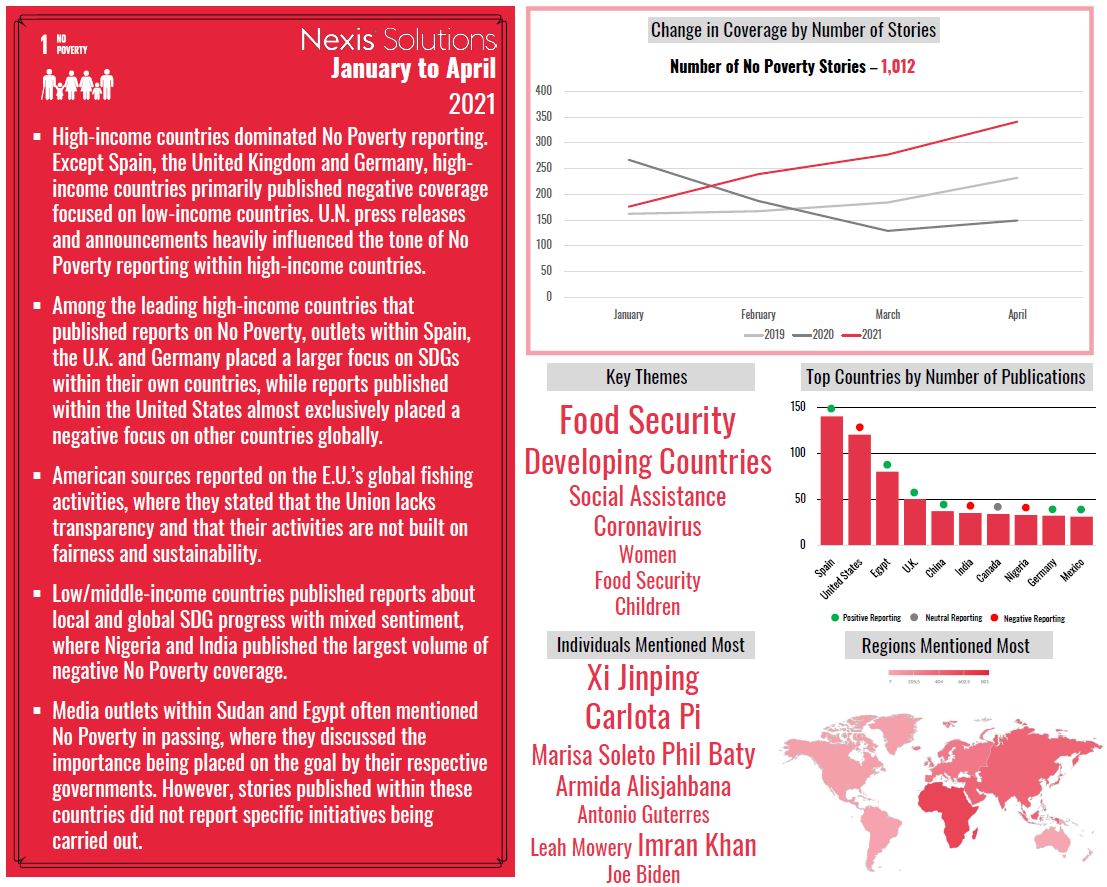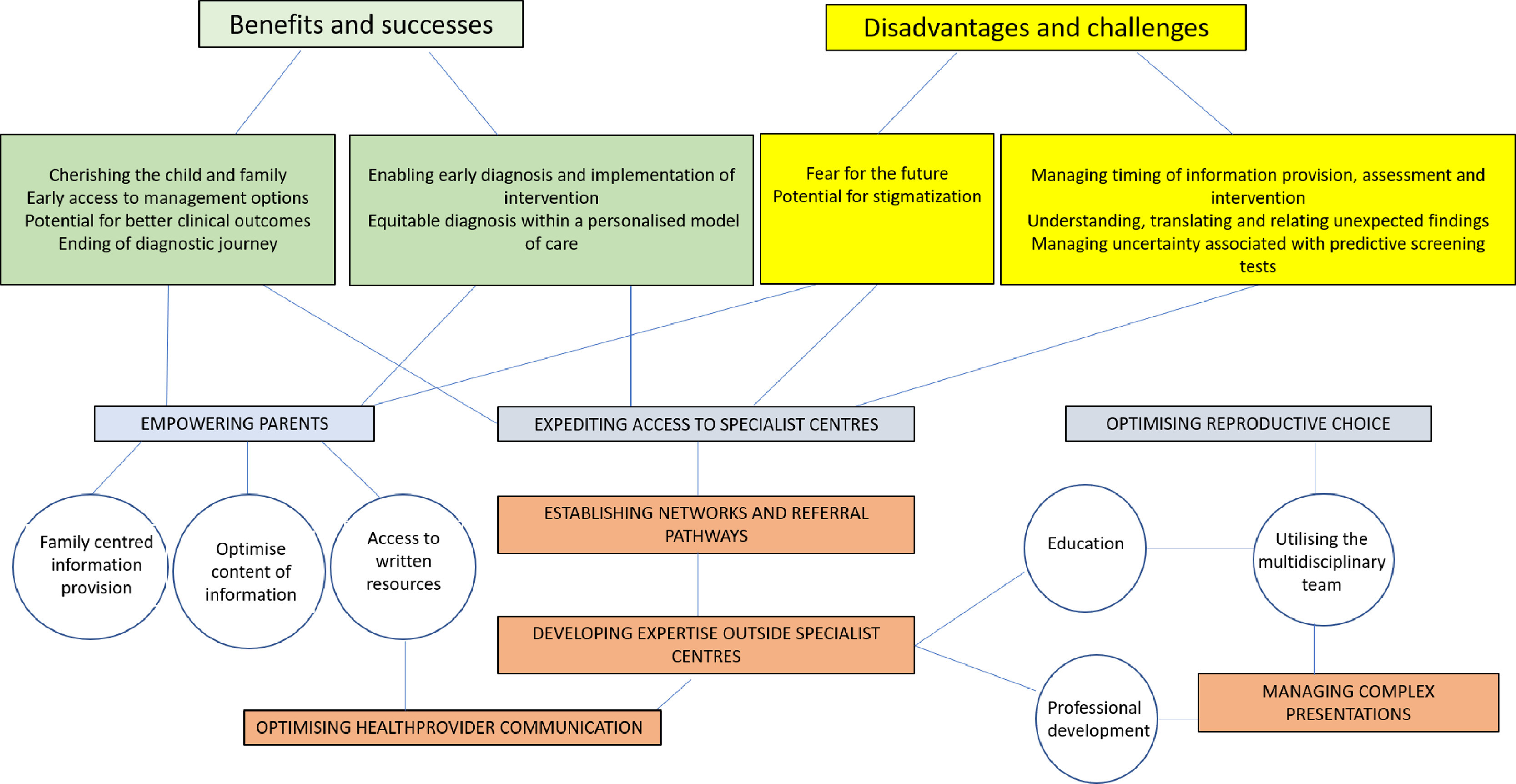Integrated Decision-Making & Participation (IDMP) has rapidly emerged as a potent strategic tool for achieving Sustainable Development Goals (SDGs) – a blueprint established by the United Nations for attaining global peace, prosperity, and protection of our planet. Fundamentally, IDMP weaves together diverse threads of information from a myriad of sources, fostering a collaborative environment that facilitates participatory decision-making. This comprehensive approach harnesses the power of information to drive robust, evidence-based strategies for sustainable development, thereby underpinning the realization of the 17 SDGs.
In the complex realm of sustainability, information forms the bedrock of any successful strategy. The more diverse and accurate the data, the better informed the strategies, and by extension, the more likely they are to succeed. IDMP, by centralizing the collection, analysis, and dissemination of relevant information, offers an efficient mechanism for transforming raw data into actionable intelligence. Decision-makers in governments, NGOs, or private sectors can therefore engage in efficient, informed policy-making, tailoring their strategies to local, regional, and global contexts.
Participation, on the other hand, infuses these data-driven decisions with a crucial human touch. It ensures that the voices of stakeholders at all levels – from grassroots communities to international organizations – are heard and factored into decision-making processes. This collaborative approach fosters a sense of ownership among stakeholders, facilitates the resolution of conflicts of interest, and ultimately, leads to more sustainable and acceptable outcomes.
The synergy of information and participation through IDMP directly contributes to the implementation of SDGs. Whether it's improving health and education (SDGs 3 and 4), promoting economic growth and decent work (SDGs 8 and 9), or tackling climate change (SDG 13), IDMP helps guide policy and practice towards sustainable outcomes by empowering stakeholders with the right information and ensuring their active participation in decision-making processes.
By mapping the intricate web of interdependencies between various SDGs, IDMP can also illuminate hidden opportunities for synergies and highlight potential pitfalls of trade-offs. The promotion of gender equality (SDG 5), for instance, not only stands as an objective in its own right but also catalyzes progress towards other SDGs such as quality education, reduced inequalities, and sustainable communities.
Droughts are significant drivers of land degradation, which in turn has adverse effects on resource-dependent rural populations and can potentially lead to livelihood losses and subsequent migration out of affected areas. Linkages between land degradation and migration are complex and not particularly well documented, as they occur within a larger context of multi-scale interactions of socio-economic, political, demographic, and environmental processes. Given these uncertainties, further research in this field is needed.
We investigate the role of creative skilled migrants in broadcasting an alternative use of technology in support of a sustainable smart city. We do so by analyzing the themes they produced on Twitter. We focus on Amsterdam as a case, and urban planners and designers as examples of creative migrants. Computational methodology allowed for a selection of naturally occurring data in social media.
Join global leaders at our 2021 SDG Inspiration Day - Mobilising Business for a Better World: Accelerating Business Action on the SDGs.
In 2021, the role for businesses to accelerate the SDG’s is needed now more than ever. This year's SDG Inspiration Day will bring together innovators, thought leaders and sustainability professionals to catalyse business action on the SDGs.
This virtual event is about connections, knowledge sharing and innovation. It is free to attend.
Nexis Newsdesk™ has created reports on the Sustainable Development Goals and the Global Media Landscape, offering charts & insights into global media coverage of the Global Goals.




